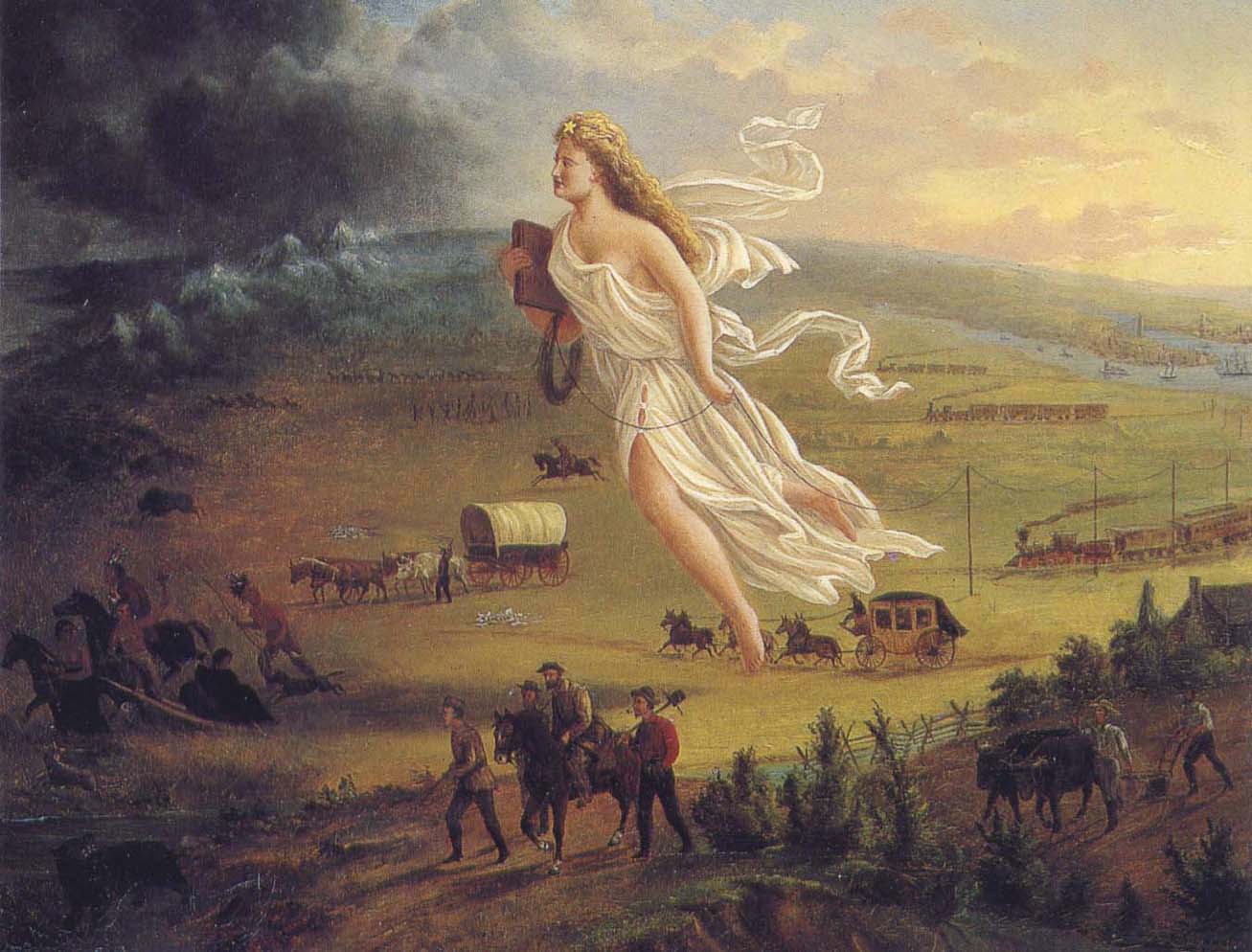상품홍보 Hydraulic Hoses in Canada: Essential Components for Fluid Power System…
페이지 정보

본문
Hydraulic hoses are very important parts in fluid energy systems, serving as conduits for transmitting hydraulic fluid between elements corresponding to pumps, valves, cylinders, and motors. In Canada, where numerous industries rely on hydraulic machinery for operations ranging from development to manufacturing, the standard and reliability of hydraulic hoses are paramount.
Regular upkeep and inspection are essential for prolonging the lifespan of hydraulic hoses and stopping costly downtime:
- Visual Inspection: Checking hoses for indicators of wear and tear, www.varanasitutor.Com abrasion, leaks, or damage.
- Pressure Testing: Conducting pressure checks to ensure hoses can face up to the system's operating strain.
- Replacement Schedule: Implementing a preventive maintenance schedule for hose replacement primarily based on usage and situation.
Hydraulic elements are vital for several reasons:
- Power Transmission: Components such as pumps and motors transmit hydraulic power from energy sources to actuators, permitting for the generation of mechanical drive and motion.
- Control and Regulation: Valves, cylinders, and actuators regulate the flow, pressure, and direction of hydraulic fluid, enabling exact management over machinery and equipment.
- Energy Conversion: Hydraulic systems convert hydraulic power into mechanical work efficiently, providing excessive power density and responsiveness for various applications.
- Versatility: Hydraulic elements may be configured and mixed in numerous methods to meet specific requirements, making them versatile and adaptable to a variety of functions.
Choosing the right hydraulic fittings is essential for guaranteeing compatibility, efficiency, and safety within a hydraulic system:
- Thread Type and Size: Matching the thread specifications of fittings to those of hoses and parts to make sure a safe and leak-free connection.
- Pressure Rating: Selecting fittings with an appropriate pressure score that matches or exceeds the system's operating stress.
- Material Compatibility: Ensuring that the materials of fittings are compatible with the hydraulic fluid and environmental circumstances to stop corrosion and degradation.
- Sealing Method: Considering the sealing mechanism of fittings, similar to O-rings, taper threads, or compression fittings, to achieve a dependable seal.
four. Why is upkeep essential for hydraulic components?
Regular upkeep is important for hydraulic components to make sure proper functioning, forestall downtime, and extend tools lifespan by addressing put on, damage, and performance issues.
Hydraulic hoses are versatile tubes usually made of artificial rubber or thermoplastic materials, bolstered with layers of braided or spiral-wound wires for energy and durability. These hoses are designed to resist high-pressure environments and extreme temperatures, making certain easy and environment friendly fluid transfer in hydraulic techniques.
1. What is the role of hydraulic oil in tractor hydraulic systems?
Hydraulic oil lubricates, cools, and transmits hydraulic power in tractor hydraulic techniques, enabling functions such as lifting, steering, and implement management.
4. Where are hydraulic motors and pumps used?
Hydraulic motors and pumps are used in various industries and sectors, together with manufacturing, construction, agriculture, forestry, mining, and transportation, powering machinery and equipment for various tasks and operations.
 Proper set up and upkeep of hydraulic fittings are important for system reliability and security:
Proper set up and upkeep of hydraulic fittings are important for system reliability and security:
- Correct Assembly: Following manufacturer guidelines and torque specs during meeting to forestall overtightening or undertightening.
- Regular Inspection: Periodically inspecting fittings for indicators of wear, injury, or leaks and replacing worn-out or damaged fittings promptly.
- Preventive Maintenance: Implementing a preventive upkeep schedule to exchange fittings and seals at really helpful intervals to prevent surprising failures.
The properties of hydraulic oil are critical for its efficiency and suitability in tractor hydraulic methods:
- Viscosity: Hydraulic oil viscosity determines its move traits and resistance to flow under totally different operating circumstances, making certain correct lubrication and hydraulic power transmission.
- Viscosity Index: The viscosity index signifies the oil's resistance to viscosity changes with temperature fluctuations, guaranteeing consistent efficiency over a large temperature vary.
- Anti-Wear Additives: Hydraulic oil may comprise anti-wear additives to provide additional safety towards put on and scuffing of hydraulic components beneath high-pressure conditions.
- Oxidation Stability: Hydraulic oil should have good oxidation stability to withstand degradation and formation of sludge, varnish, and deposits over time, ensuring lengthy oil life and system cleanliness.
- Foam Resistance: Hydraulic oil should have low foam tendencies to prevent the formation of froth bubbles, which might reduce hydraulic system effectivity and trigger cavitation and part damage.
- 이전글Code Électrique au Québec : Normes et Sécurité 24.07.05
- 다음글Unlock the Secrets: The Ultimate Guide to Host Bar Job Locations 24.07.05
댓글목록
등록된 댓글이 없습니다.
